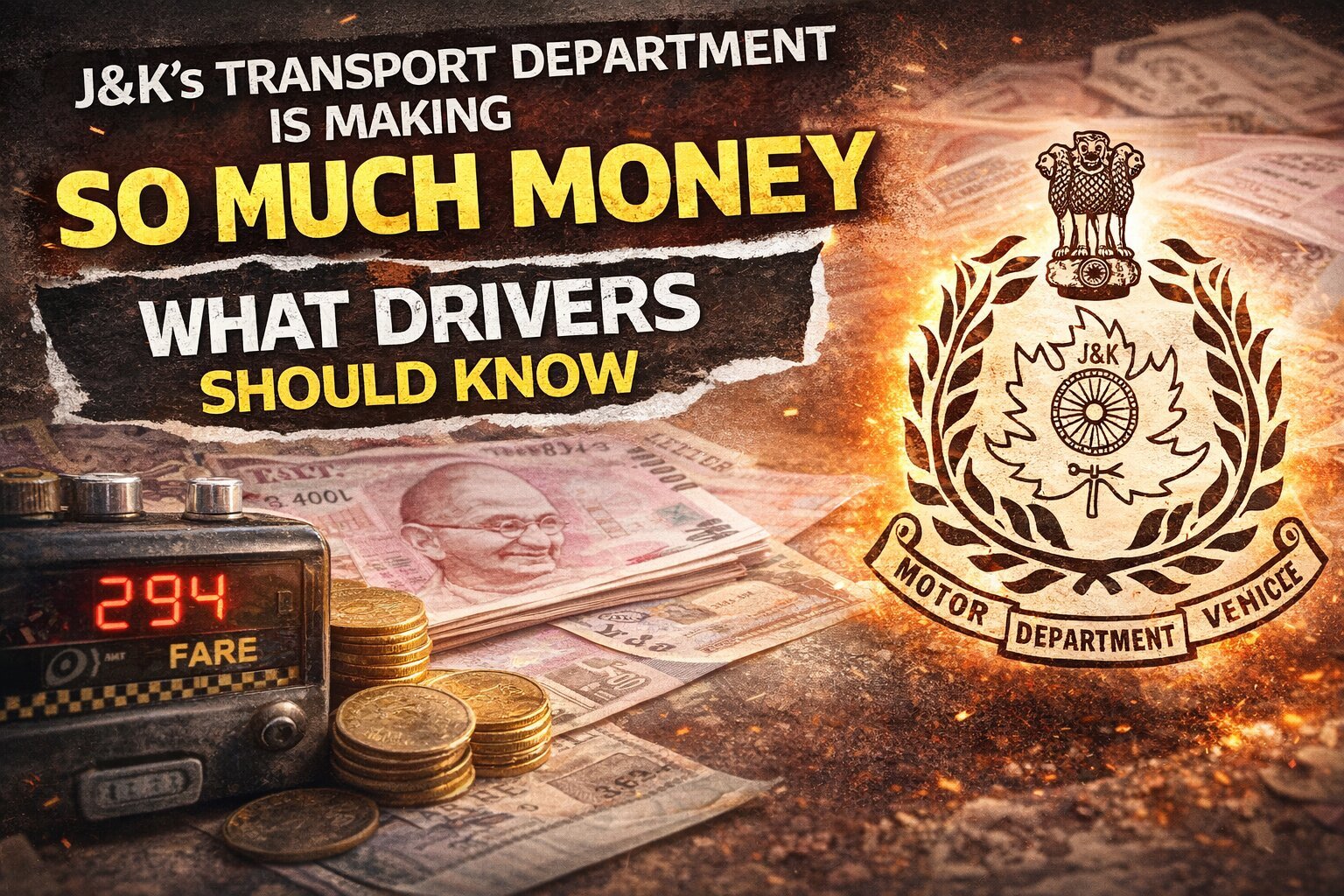Violence against doctors continues to be a troubling issue in India, and the latest incident at Government Medical College (GMC) Jammu has once again brought this concern to the forefront. The strike by junior doctors, sparked by the assault of a female resident doctor, not only disrupted health services but also ignited widespread support across medical institutions in Jammu and Kashmir. The event highlighted the urgent need for stronger measures to protect healthcare professionals.
What Happened?
On Wednesday, tensions escalated at GMC Jammu after the death of a patient, Rajinder Kumar, a resident of Rehari, who was admitted following complications from a brain hemorrhage. As per medical officials, the patient had been referred from PGI Chandigarh with a grim prognosis. Despite clear communication to the family about the critical condition, his relatives accused the hospital staff of medical negligence.
During an argument with the medical team, the deceased’s daughter physically assaulted a female resident doctor by kicking her—an act caught on CCTV and widely circulated on social media. The footage triggered outrage throughout the medical fraternity in Jammu and Kashmir.
Outrage in Medical Community and Immediate Reaction
The attack sparked a massive protest. Junior doctors at GMC Jammu launched an indefinite strike, suspending all services including the Out Patient Department (OPD) and emergency duties. They demanded the immediate arrest of the accused woman and firm action against repeated violence targeting doctors.
According to the doctors, such assaults have become frequent, with no meaningful deterrence or legal protection in place. “Every time a patient dies, doctors are attacked. There is no system in place to safeguard us,” one resident doctor said during the protest.
Health Services Come to a Halt
The impact of the strike was immediate and severe. OPD services were suspended, and many patients who arrived for treatment at GMC were turned away. The hospital deployed senior faculty members to manage emergency care, but the shortage of resident doctors led to significant service gaps.
Dr. Virendra Trisal, Medical Superintendent at GMC Jammu, confirmed that OPD services were closed due to the doctors’ strike. He added that emergency cases were being handled by senior consultants and medical faculty.
Strike Spreads to Other Hospitals
Solidarity poured in from other government medical institutions. Resident doctors from Shri Maharaja Gulab Singh Hospital, Chest Disease Hospital, and the Super Specialty Hospital joined the strike. GMC Doda also expressed support, terming the incident not just an attack on an individual, but an assault on the entire healthcare system.
In a strongly worded statement, GMC Doda condemned those who incite hostility against medical professionals. “Irresponsible rhetoric and inflammatory behavior create a dangerous atmosphere where doctors are treated as targets rather than caregivers,” their statement read.
Demands of the Striking Doctors
The core demand of the protesting doctors was the immediate arrest and prosecution of the woman who assaulted the doctor. They insisted that the strike would continue until justice was served.
Despite late-night discussions between the striking doctors and senior health officials, including the Secretary of the Health and Medical Education Department Dr. Syed Abid Rashid and GMC Principal Dr. Ashutosh Gupta, no resolution was reached initially.
Patient Suffering Amid the Crisis
While the doctors’ protest highlighted serious safety issues, the lack of medical services left many patients stranded. Those arriving at GMC and affiliated hospitals found OPDs shut and had no option but to return home or seek treatment at private facilities.
Even critical services in emergency wards were under strain, with limited staff trying to cope with the influx of patients. The situation underscored the delicate balance between healthcare delivery and the need for a safe work environment for doctors.
Arrest of the Accused and Resolution
After three days of relentless protest, the breakthrough finally came. Authorities arrested the woman who had assaulted the doctor. This development marked a significant turning point, leading the junior doctors to call off the strike.
The administration’s swift legal action was widely welcomed. Medical professionals and associations hailed the move as a step towards creating a safer working environment in public hospitals.
Statements from Medical Associations
The Indian Medical Association (IMA), Jammu, condemned the incident in the strongest terms. “We express our deep resentment and outrage. Attacks on healthcare professionals, especially in emergency settings, are unacceptable and undermine the very foundation of patient care,” the IMA said in its statement.
They further called for long-term safeguards, including increased security measures, stricter legal enforcement, and public awareness to reduce aggression against medical staff.
The junior doctors’ strike at GMC Jammu was more than just a protest—it was a desperate cry for safety and justice. While the arrest of the accused has brought temporary relief, the larger issue of violence against doctors remains unresolved. To ensure healthcare workers can perform their duties without fear, systemic reforms are essential.
















